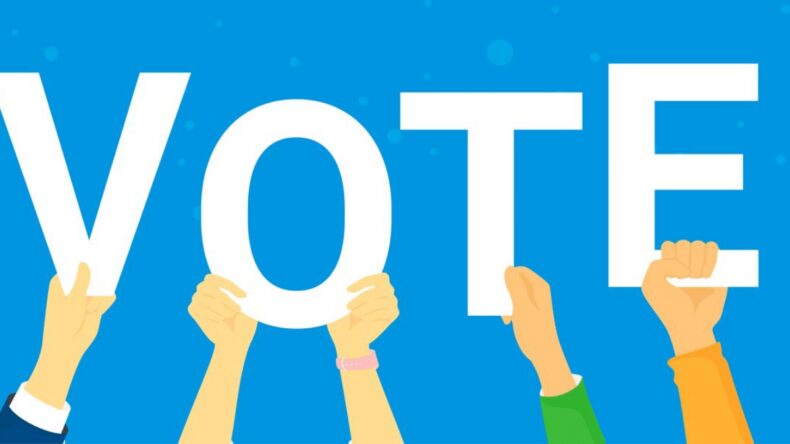New Delhi: The Election Commission of India is empowered by the Constitution of India to ensure free and fair elections in the country. It is an independent body that has been constituted under Article 324 of the Constitution.

According to Article 324 of the Indian Constitution, the Election Commission of India has superintendence, direction, and control of the entire process for conduct of elections to Parliament and Legislature (state legislative assembly & state legislative council) of every State and to the offices of President and Vice-President of India.

Moreover, the Election Commission of India enjoys some significant powers including, the administrative power to organise and periodically amend the electoral rolls and to register all qualified voters.
As a constitutional body, it is not only the duty of the ECI to hold the elections but also to propagate and promote the participation of the citizens of the nation. With the question of democracy hanging in balance, the system of election should be robust and just.
A New Mandate
Keeping in perspective the necessity to encourage the youth to enrol, the Election Commission has allowed youth above the age of 17 to register as voters in advance. Until now, citizens turning 18 on or before January 1st were eligible to enrol themselves on the voters’ list. Those turning 18 after January 1st had to wait for an entire year in order to register in the electoral roll.
However, with this change, the youth can register as voters on January 1st, April 1st, July 1st, and October 1st of 2024.
According to an EC statement on Thursday, the poll panel led by Chief Election Commissioner Rajiv Kumar and Election Commissioner Anup Chandra Pandey has directed the poll machinery in the states to work out tech-enabled solutions to facilitate those above 17 years of age (but not yet 18) to file their advance applications.

“Henceforth, the electoral roll will be updated every quarter and eligible youngsters can be registered in the next quarter of the year in which he or she has attained the qualifying age of 18 years,” it said.
For the current round of annual revision of the electoral roll, 2024, any citizen attaining the age of 18 years by 1 April, 1 July, and 1 October of 2024 can also submit an advance application for registration as a voter from the date of draft publication of electoral roll, it explained.
Moreover, the ECI is preparing to begin a campaign across Maharashtra to link Voter ID with Aadhaar from August 1, said the state’s Chief Election Officer on 25 July.
Elections and Reforms by Election Commission
Providing the voters with a fair chance to vote is not only dependent upon their registration in the electoral on time but also is subject to various other factors that constantly impact elections in India.
Keeping the evils against free and fair elections in mind, necessary electoral reforms have been suggested. Elections in India can be easily affected in the name of religion, community, and caste, leaving the complete idea of a Universal Adult Franchise as futile and democracy limbless.

Electoral reforms such as the non-partisan role of media, decriminalization of politics, transparency on the background of the candidates, and criminalization of holding elections in the name of religion, caste, or community are a few changes that can transform the face of elections in India.
It is in fact, an easy task for a government that holds a majority as that held by the BJP-led NDA. However, the politicians, unwilling to dig their own graves, keep away from issues such as the decriminalization of politics.
Lack of awareness due to a weak education system has crippled the youth from understanding their right to vote and its significance. Therefore, a better education system with strong and confident youth is needed for revolutionary reforms such as those stated above to be brought into being.













